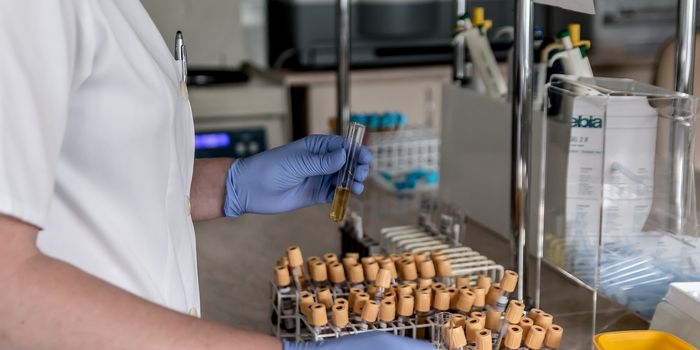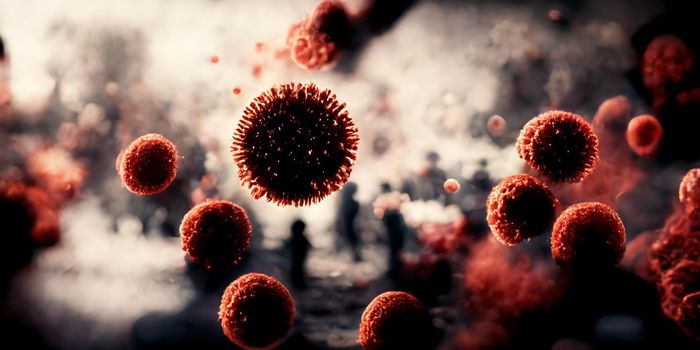GI Motility Disorders
When gastric acid secretion is increased, there is a greater risk of developing motility disorders, such as GERD, peptic ulcer disease (PUD), and gastritis. Management of these disorders can be a challenge in certain age groups, such as the elderly and in children. Understanding the physiology of gastric acid production and stimulation and the ways oversecretion affects the stomach will give a better picture of factors involved in GERD, PUD, and gastritis.
Gastric acid secretion in the stomach is a complex process and occurs in the parietal cells in the fundus of the stomach. It is regulated by a variety of factors including the vagal nerve, hormones, and paracrine secretion (histamine, and somatostatin). There are two phases of gastric acid secretion: cephalic and gastric. The cephalic phase occurs before food enters the digestive system, which controls both the peripheral and central nervous systems. During this phase, acetylcholine is released and acts on muscarinic receptors on the parietal cells causing increased acid secretion. The gastric phase follows once food enters into the GI tract. Gastrin, a hormone that stimulates secretion of gastric acid, is secreted by antral G cells. It is caused by a meal high in protein and stimulates acid secretion in two ways, either indirectly causing acid secretion by binding to CCK-2 receptors found on ECL cells (distinct cells found in the mucosa) causing histamine secretion or by binding circulating gastrin to CCK-2 receptors on parietal cells.
Gastritis is simply inflammation or erosion of the lining of the stomach and has both acute and chronic phases. It can be caused by persistent vomiting, excessive alcohol use, stress, and certain medications such as non-steroidal anti-inflammatory drugs (NSAIDs) and aspirin. Other causes of gastritis include infection by Helicobacter pylori (H. pylori): of the mucous lining of the stomach, which can cause PUD and stomach cancer, bile reflux, and infections by certain viruses and bacteria.
Gastroesophageal reflux disease (GERD) can cause a variety of conditions including reflux esophagitis, Barrett's esophagus, and esophageal adenocarcinoma. Both GERD and PUD are common conditions found in the elderly and may have atypical clinical presentations. Older patients tend to have poor outcomes in PUD and can develop GERD complications. Risk factors include H. pylori infection, use of aspirin, and NSAIDs. Recent studies have found that peptic ulcers negative for H. pylori with no NSAID use are increasing and have an increased risk of ulcer bleeding and death. Effective management of these two conditions frequently need long-term suppression of gastric acid. Proton pump inhibitors (PPI) are effective in the maintenance and management of GERD and PUD as well as any complications that might occur.
Gastric conditions that are caused by hypersecretion of gastric acid including GERD and PUD cause significant disease, especially in the elderly, and lead to poor patient outcomes that can include death. Making a diagnosis in this population of patients can be difficult. The elderly may not present with atypical symptoms not seen in other age groups. Effective control and maintenance of symptoms for both GERD and PUD are achieved with the administration of proton pump inhibitors.








